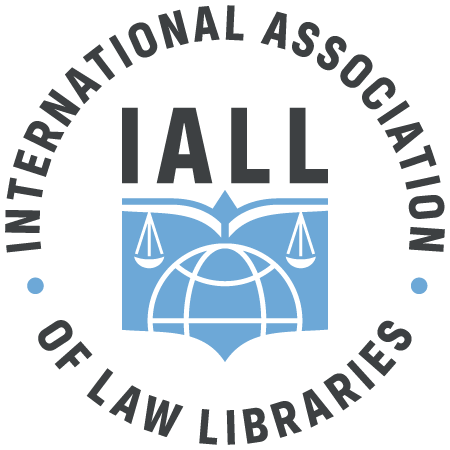I have been fortunate to visit a range of law libraries in Burma’/Myanmar last year and again recently. Whilst this is not an ‘international’ topic, I am sharing a brief overview of the experience with IALL colleagues because so little is known about this country. We all have heard of the human rights struggles there, and the military regime that controlled it for so long, but there have been great changes recently.
Burma/Myanmar has only been ‘open’ to the world since 2011, and many NGOs and other organisations have become involved in working with local institutions to ensure they have the resources they need to meet the challenges of being thrust into the global context.
In 2012, the University of Oxford honoured Daw Aung San Suu Kyi with an honorary doctorate at the annual Encaenia ceremony, and in her speech she challenged Oxford to work with Burma to ensure its students would one day have the same freedom to learn she had experienced at St Hugh’s College as a student. The Faculty of Law became involved in 2013 in a programme to work with the Yangon University Department of Law, both to review the curriculum, and also to renew the law collection that had once constituted a good law library.
Reviving a book library may seem anachronistic in this digital age; the impetus to bring it into the 21st century was the re-introduction of undergraduate law education at the Universities of Yangon and Mandalay. It had been banned in the 1980’s in the wake of student protests. The first cohort of 65 ‘outstanding students’ from around the country were admitted in December 2013, and a second cohort is there now. The curriculum offered, and the way courses are delivered will change, and students will, in time, have to read whole cases, or journal articles, and not neat little extracts in textbooks.
Our library was asked if it had spare core English law reports and journals that could be donated, and by chance we were able to oblige; about 5,000 volumes were shipped out early in 2014. This was followed by a visit allowing a proper review of the collection, resulting in a list of recommendations for a way forward. It is only when you see law collections that were once of high quality and now in a state of neglect and weather damage (Cyclone Nargis, 2008) that you appreciate the extent of the challenge to be faced.
Creating an electronic library was an ideal alternative, but in 2012 -13 the bandwidth was poor, and the electricity unreliable, so whilst this was the plan, the obstacles were great. A part of the Open Society Foundations, EIFL (Electronic Information for Libraries), has been negotiating with database providers to obtain a wide range of eresources for Yangon and Mandalay universities at a nominal rate for a three year start up project – as described in this BBC report.
On my first visit to Yangon and Nay Pyi Taw in May 2014, wifi was unstable, obtaining static IP addresses a problem, and the internet speed woefully slow. Yet in January 2015, a mere 8 months later, optic fibre cable has been laid, the connectivity at university and hotels is often at a rate comparable to other countries, and electricity provision is more stable. It was far easier to provide training using the live internet second time around.
The opportunity to practise new skills by the local librarians, developed over such a short period, in their new role as trainers, has enhanced their standing to the point where some are, for the first time in their careers of 20+ years, working with academics to source resources and assist researchers.
There are many qualified librarians in Myanmar, though unfortunately very few have experience of law and legal research. Integrated Library management systems are in place. There is a revitalised Myanmar Library Association working to bring discussions on topics such as open access and information literacy to their members. At their first programme this year with their new executive, they expected perhaps 150 people, and were overwhelmed to have 350 turn up.
Librarian education is active, there are several degree courses, including at Yangon University. The structure of the course at present includes a six month work experience stage for the students, located in libraries around the country. Because there are no law libraries operating in the way that we would expect a law library to be organised, there is nowhere for young graduates to learn best practice for a law library. The curriculum on offer does not include the roles of special libraries. It is our hope, through support or sponsorship in some form, to attract an experienced law librarian to work at Yangon for a year and to use that time not only to review and upgrade the law collection, but to work with a Myanmar library graduate who can learn best practice and can share it with others.
IALL works with many law librarians in many countries. The challenge for us is to encourage the introduction of the standards and expectations we have of the role and work of law librarians into countries such as Burma/Myanmar, so that they too can benefit from well organised and relevant resources to support their struggle to achieve the rule of law.
Ruth Bird
